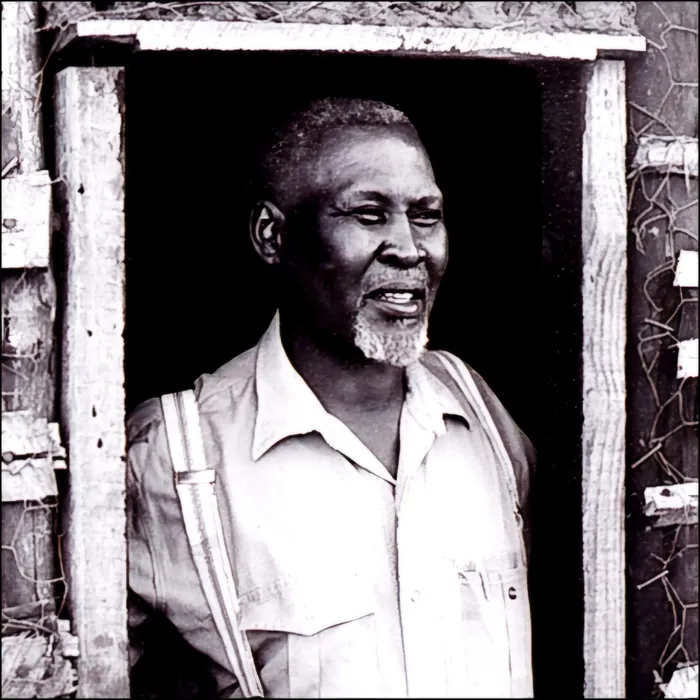Reopening of Luthuli inquest raises questions about apartheid-era death

The National Prosecuting Authority (NPA), through the Director of Public Prosecutions in KwaZulu-Natal, has reopened the inquest into the death of Chief Albert John Mvumbi Luthuli in the Pietermaritzburg High Court.
Image: RANJITH KALLY
The National Prosecuting Authority (NPA), through the Director of Public Prosecutions in KwaZulu-Natal, has reopened the inquest into the death of Chief Albert John Mvumbi Luthuli in the Pietermaritzburg High Court.
The proceedings began on Monday, April 14.
In this reopened inquest, the NPA, represented by Advocates Ncedile Dunywa, Annah Chuene, Siyabonga Ngcobo, and Xolani Msimango, led an array of witnesses, including South African Police members, Directorate for Priority Crime Investigation (DPCI) officials, scene reconstruction and simulation experts, forensic analysts, medical evidence, family members of Chief Luthuli, anti-apartheid activists, and friends of Chief Luthuli.
Natasha Ramkissoon-Kara said on Wednesday, June 11, the state advised the Pietermaritzburg High Court that it has concluded the list of witnesses. The proceedings were then postponed to Monday, October 13, to Thursday, October 16, for closing arguments.
“Chief Luthuli, who was born in 1898, he became a public figure in 1937 when he was appointed by the then Department of Native Affairs as the Chief of the Zulu tribe in Groutville, KwaDukuza,” said Ms Ramkissoon-Kara.
“In 1944, he became a member of the ANC and later became the President General of the same organisation. In showing resistance against apartheid legislation in force at the time, Chief Luthuli, Nelson Mandela, and other leaders of the ANC organised various protests, including the Defiance Campaign of 1952. The actions of Chief Luthuli were considered to be those of a terrorist by the then government, and as a result, his appointment as a Chief was revoked.”
After being stripped of his title, he was placed under various banning orders, which ultimately restricted his movements.
Despite the revocation of his title, he was still referred to as Chief Luthuli by local and international communities at large. In 1960, Chief Luthuli was awarded the prestigious Nobel Peace Prize. He continued to advocate for equal rights among all racial groups within South Africa through various speeches and writings until his untimely death on July 21, 1967.
“It was widely reported that he died soon after being struck by a goods train. In an inquest held on September 19, 1967, the court found that there was no evidence which disclosed any criminal culpability on the part of any of the employees of the South African Railways or anyone else,” said Ms Ramkissoon-Kara.
Related Topics: